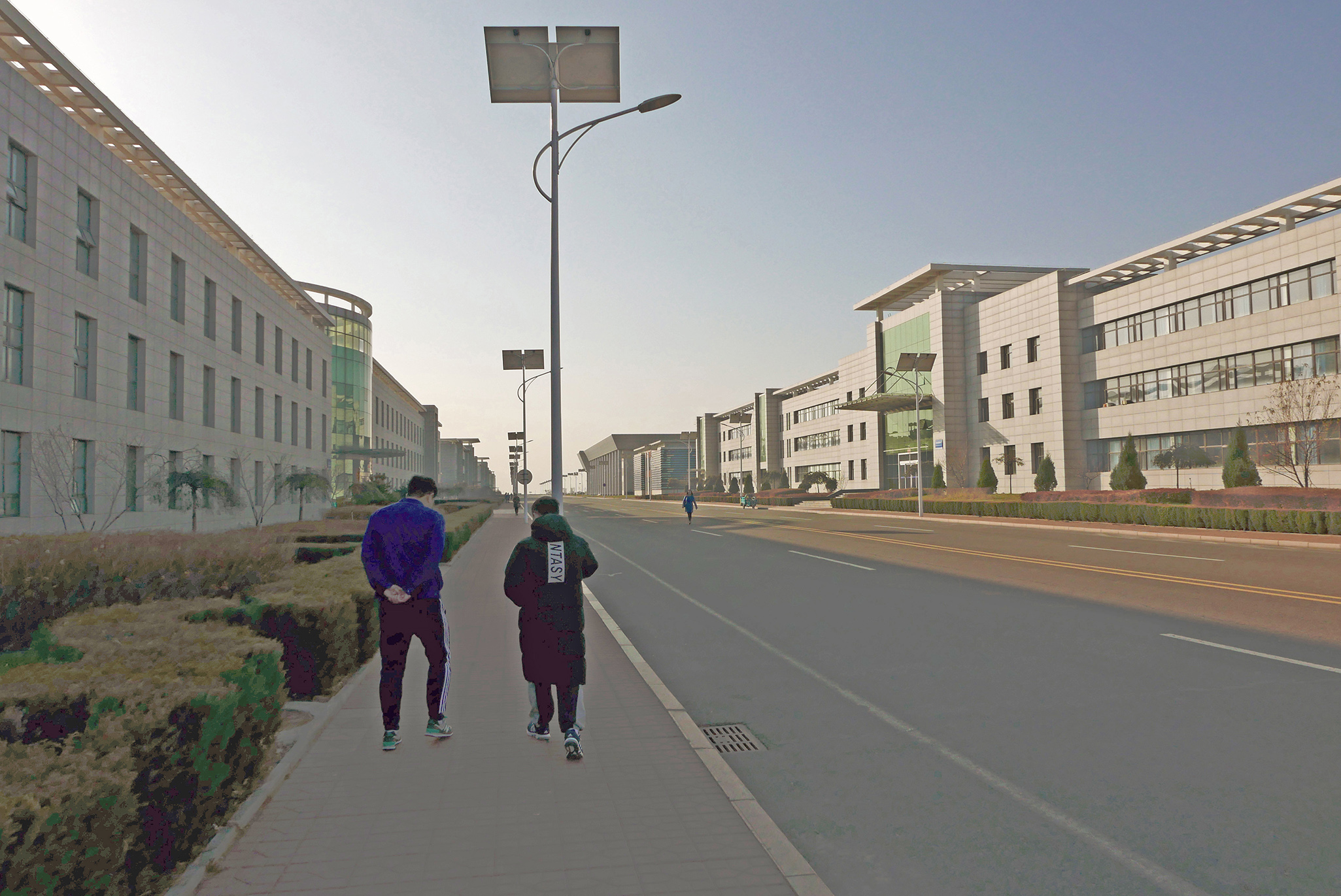- Afrikaans
- Albanian
- Amharic
- Arabic
- Armenian
- Azerbaijani
- Basque
- Belarusian
- Bengali
- Bosnian
- Bulgarian
- Catalan
- Cebuano
- China
- China (Taiwan)
- Corsican
- Croatian
- Czech
- Danish
- Dutch
- English
- Esperanto
- Estonian
- Finnish
- French
- Frisian
- Galician
- Georgian
- German
- Greek
- Gujarati
- Haitian Creole
- hausa
- hawaiian
- Hebrew
- Hindi
- Miao
- Hungarian
- Icelandic
- igbo
- Indonesian
- irish
- Italian
- Japanese
- Javanese
- Kannada
- kazakh
- Khmer
- Rwandese
- Korean
- Kurdish
- Kyrgyz
- Lao
- Latin
- Latvian
- Lithuanian
- Luxembourgish
- Macedonian
- Malgashi
- Malay
- Malayalam
- Maltese
- Maori
- Marathi
- Mongolian
- Myanmar
- Nepali
- Norwegian
- Norwegian
- Occitan
- Pashto
- Persian
- Polish
- Portuguese
- Punjabi
- Romanian
- Russian
- Samoan
- Scottish Gaelic
- Serbian
- Sesotho
- Shona
- Sindhi
- Sinhala
- Slovak
- Slovenian
- Somali
- Spanish
- Sundanese
- Swahili
- Swedish
- Tagalog
- Tajik
- Tamil
- Tatar
- Telugu
- Thai
- Turkish
- Turkmen
- Ukrainian
- Urdu
- Uighur
- Uzbek
- Vietnamese
- Welsh
- Bantu
- Yiddish
- Yoruba
- Zulu
Aug . 12, 2024 18:42 Back to list
Top Steel Casting Manufacturers Leading the Industry with Quality and Innovation in Production Techniques
The Importance of Steel Casting Manufacturers in Modern Industry
Steel casting manufacturers play a crucial role in various sectors of the modern industrial landscape. Producing durable and reliable components, these manufacturers enable applications across industries such as automotive, aerospace, energy, and construction. This article delves into the significance of steel casting manufacturers, highlighting their processes, challenges, and the innovative solutions they offer.
Understanding Steel Casting
Steel casting is a process that involves pouring molten steel into a mold to create components with complex shapes and high dimensional accuracy. This method is favored for producing parts that require superior strength and durability, making it ideal for applications that endure high stress and extreme conditions. Common products of steel casting include engine components, frames, valves, and various machinery parts.
Manufacturing Processes and Techniques
The process of steel casting typically follows several steps, beginning with the creation of the mold. Manufacturers use materials such as sand, metal, or ceramic to form molds that can withstand high temperatures. The choice of mold material and the casting technique—whether it be sand casting, investment casting, or die casting—depends on the specific requirements of the final product.
Once the mold is prepared, molten steel is poured into it. The temperature of the steel usually exceeds 1,500 degrees Celsius, requiring manufacturers to utilize specialized equipment and safety protocols. After the steel cools and solidifies, the mold is removed, and the casting is subject to various finishing processes, including machining, inspection, and surface treatment to meet quality standards.
Challenges Faced by Steel Casting Manufacturers
steel casting manufacturers

Despite the advantages of steel casting, manufacturers face numerous challenges that can impact production efficiency and product quality. One significant challenge is the management of material properties. Steel alloys can be sensitive to variations in temperature and composition, leading to defects such as cracks or incomplete casting. Therefore, manufacturers must implement strict quality control measures.
Another challenge is the evolving demand for custom and lightweight designs. As industries move toward more efficient and sustainable solutions, manufacturers must adopt innovative technologies and flexible production techniques. This transition often requires significant investment in research and development to explore new alloys and casting methods.
Innovation and Sustainability
In response to these challenges, steel casting manufacturers are increasingly focusing on innovations that enhance productivity and reduce environmental impact. Advanced technologies such as 3D printing are being integrated into the mold-making process, allowing for rapid prototyping and reduced waste. Additionally, manufacturers are exploring the use of recycled steel and eco-friendly materials to meet sustainability goals.
Moreover, the application of artificial intelligence and machine learning in monitoring and optimizing the casting process has shown promise. These technologies help predict potential flaws in real time, enabling manufacturers to make adjustments that ensure higher quality products and reduced rejection rates.
Conclusion
Steel casting manufacturers are indispensable to the modern industrial framework, providing critical components that enhance operational efficiency and safety across various sectors. The combination of traditional manufacturing techniques with innovative technologies positions these manufacturers to meet the evolving demands of a dynamic market. As they continue to embrace sustainability and advanced methodologies, steel casting manufacturers will play a pivotal role in shaping the future of manufacturing and engineering. By understanding their processes and challenges, stakeholders can better appreciate the value that these manufacturers bring to the global economy.
-
8mm Thin-Walled Cast Steel Manhole Cover Pallet Bottom Ring | Durable
NewsAug.04,2025
-
Premium Cast Iron Water Main Pipe: Durable, Corrosion-Resistant
NewsAug.03,2025
-
Durable Cast Iron Water Mains | AI-Optimized Systems
NewsAug.02,2025
-
High-Efficiency Propane Boiler for Baseboard Heat | Save Energy
NewsAug.01,2025
-
Premium Source Suppliers for Various Gray Iron Castings
NewsJul.31,2025
-
Durable Cast Iron Water Main Pipes | Long-Lasting
NewsJul.31,2025


